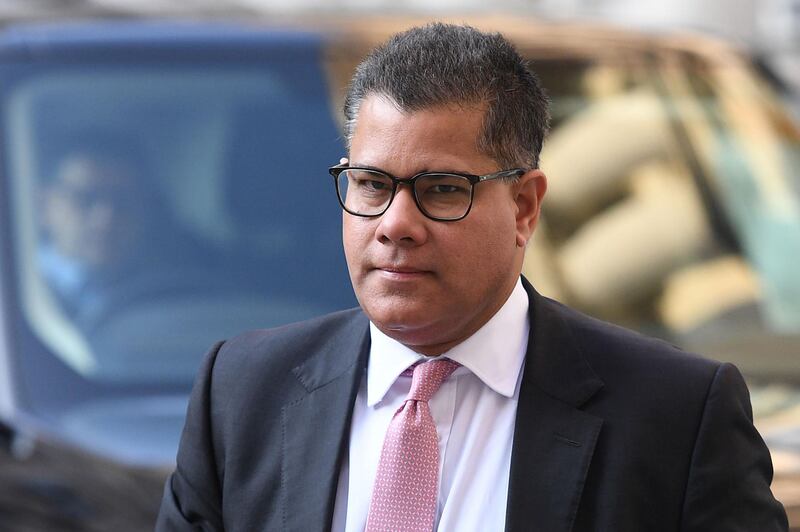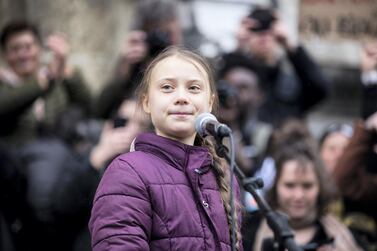UN climate talks must go ahead in June even if negotiations are held online, Britain's president of the Cop26 summit said on Tuesday, despite "valid concerns" over the lack of direct dialogue.
In an open letter to countries that are party to the UN Framework Convention on Climate Change, Alok Sharma said formal talks were needed to lay the groundwork for the agenda at Cop26, set for November in Glasgow.
Mr Sharma said that Covid-19 restrictions would probably mean the session, traditionally held at the convention's headquarters in the German city of Bonn, would probably take place online.
This is despite concerns raised by several countries that remote talks could prejudice their position as equal parties to richer emitters at the crucial negotiations.
"The UNFCCC are taking the necessary steps to accommodate those challenges, including connectivity, working across time zones, and group co-ordination," Mr Sharma said.
Cop26 was originally scheduled for November 2020 but was pushed back 12 months by the pandemic.
There are fears that some countries will be unable to attend the talks in person because of sluggish or non-existent vaccination campaigns.
Mr Sharma again indicated his strong preference for Cop26 to take place "in person" but said delegates needed to arrive in Glasgow "having done our homework".
The list facing participants in Glasgow is daunting.
Delegates are faced with dire warnings from scientists about the scale of emissions cuts needed to keep withingoal of limiting global warming to 1.5°C above pre-industrial levels, as laid out in the Paris agreement.
The deal, struck more than five years ago, committed nations to resubmit their emissions-cutting plans every five years.
Yet many of the largest emitters have so far failed to do so and countries have not even agreed on unified rules governing how the Paris agreement works in practice.
Mr Sharma said Cop26 must see "substantive decisions" on the issue of emissions trading and accounting, as well as significantly increasing finance to climate-vulnerable nations to help them adapt to the warming world.
The UN says that emissions must fall nearly 8 per cent a year to keep the target within reach, equal to the emissions saved during the pandemic for every single year to 2030.
Mr Sharma indicated that another negotiating session might be needed to bring countries closer together before Glasgow, "in person, should it be feasible".
"Such an approach to formal sessions and capturing progress is, in my view, the only way we will make sufficient progress ahead of meeting in person in Glasgow to ensure Cop26 delivers on its mandates and what the world expects of us," he said.








